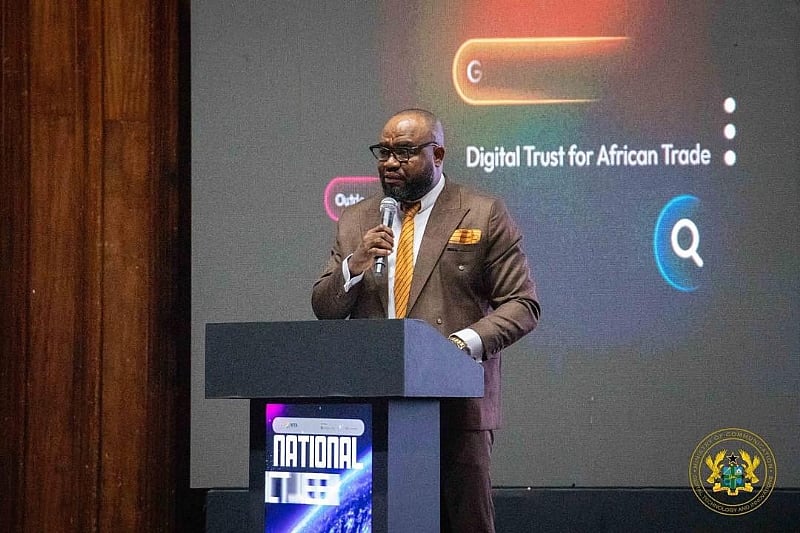The political landscape in Ghana has been stirred by a recent incident of electoral violence during the Akwatia by-elections. Sofo Azorka, National Vice Chairman of the ruling National Democratic Congress (NDC), was captured on video assaulting Albaji Masawudu, the 3rd National Vice Chairman of the opposition New Patriotic Party (NPP). This incident prompted the NPP to petition the Inspector General of Police, demanding Azorka’s arrest for the assault and for alleged death threats against Effutu MP, Alexander Afenyo-Markin. The NPP’s call for action, however, has been met with sharp criticism from the NDC, particularly from Deputy Minister for Communications, Digital Technology and Innovations, Mohammed Adams Sukparu.
Sukparu, also the MP for Sissala West, argues that the NPP lacks the moral authority to demand arrests in election-related violence cases, accusing the party of presiding over numerous similar incidents during its own tenure in power. He alleges that during the NPP’s time in government, assaults and attacks against NDC members and even judges perceived as unaligned with the NPP were commonplace, and went largely unaddressed and uncondemned by the then-ruling party. Sukparu characterizes the NPP’s current outrage as hypocritical, given their alleged inaction when they held power. He contends their sudden concern for electoral violence only arises now that they are on the receiving end.
Despite his defense of the NDC’s position, Sukparu acknowledges the inappropriateness of Azorka’s conduct, emphasizing that the NDC should not replicate the violent actions it previously criticized under the NPP government. He concedes that Azorka “went too far,” regardless of any potential provocation. However, he maintains that the NPP, given their own alleged history of condoning violence, should not be the ones petitioning for an arrest. This nuanced stance both acknowledges the wrongdoing within the NDC and criticizes the NPP’s perceived hypocrisy.
The incident illuminates a broader issue of electoral violence within Ghana’s political system. While Sukparu’s comments point to potential inconsistencies in the NPP’s stance, the core issue of violence during elections remains. Both parties have been accused of perpetrating such acts, creating a cycle of violence that undermines democratic processes. Irrespective of which party holds power, the need to address and prevent electoral violence transcends partisan politics and necessitates a concerted effort from all stakeholders.
Furthermore, Sukparu’s statements highlight the complex interplay between political rhetoric and actions. His defense of Azorka, while simultaneously condemning the violence, reveals the inherent tensions within political discourse. This tension further complicates efforts to address the root causes of electoral violence. True progress requires a commitment to accountability and a rejection of violence, regardless of political affiliation. The focus should shift towards fostering a political environment where differences are resolved through peaceful dialogue and democratic processes, not through physical force or intimidation.
Ultimately, the incident involving Azorka and the subsequent exchange between the NDC and NPP underscores the urgent need for electoral reforms and a renewed commitment to peaceful democratic practices in Ghana. The cycle of violence, accusations, and counter-accusations must be broken. Both parties need to reflect on their roles in perpetuating this cycle and work together to create a political landscape where violence is not tolerated and where democratic processes are respected by all. The future of Ghana’s democracy may depend on it.


